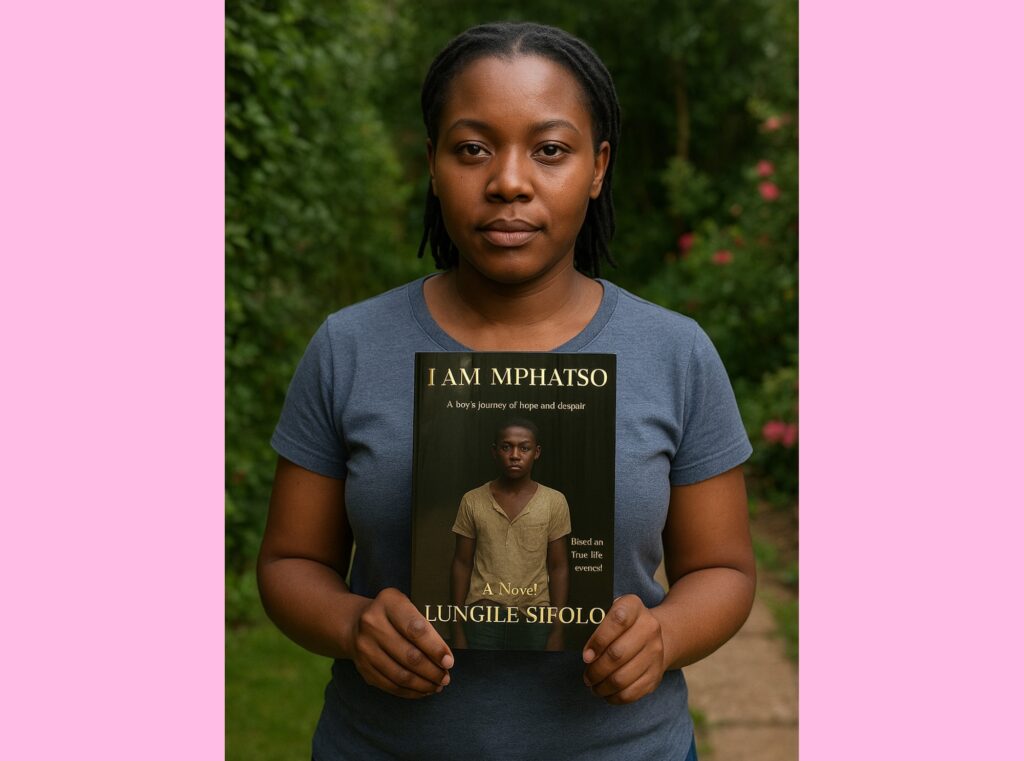I’m thrilled to finally share some exciting news: my debut novel, I Am Mphatso, is officially out in the world! This project means everything to me. To some, it may look like “just another book,” but for me, it’s a milestone: a dream turned into 61,000 words. It’s more than a novel; it’s my first gateway into bringing authentic African stories to the world.
For those who have been following my journey, you’ll remember that I initially promised to release ‘James Bongonkisi’, my biggest and most research-heavy nonfiction project. That one is still on the way. I just want to give it the time, depth, and respect it deserves. So while you wait, I invite you to step into the world of I Am Mphatso.
What Is ‘I Am Mphatso’ About?
I Am Mphatso tells the story of a boy born in rural Malawi. From the very beginning, life places unimaginable burdens on his small shoulders. His mother takes her own life moments after his birth, and his father abandons him long before he ever has the chance to meet him.
Raised by his grandmother the very woman who pushed his mother into despair Mphatso grows up under the weight of silence. His questions about his parents are always met with hidden truths and unspoken pain.
When he finally uncovers the reality of his past, Mphatso sets out on a courageous journey across villages, chasing a name and a surname, determined to find the man he blames for his suffering: his father.
This emotionally charged tale explores themes of poverty, identity, betrayal, resilience, and the universal search for belonging.
Is It Fiction or Non-Fiction?
I Am Mphatso is based on true-life events set against the backdrop of rural Malawi in the 1970s through the early 1990s. While written as a narrative, the story reflects real struggles faced by many, making it both hauntingly personal and deeply relatable.
How Long Did It Take to Write?
The novel took me three months to research and write. But truthfully, the story has been living in my heart and mind far longer than that. Putting it into words was my way of honoring those experiences and giving voice to stories often left untold.
Why Self-Publish?
As a Black African writer committed to telling African stories, breaking into the traditional publishing world has not been easy. I have reached out to agents and publishers, but the process is often filled with barriers.
Instead of waiting for permission, I chose to self-publish. For me, self-publishing isn’t just a fallback, it’s an act of ownership. It’s a way to ensure these stories see the light of day, reaching readers who deserve to experience them.
Where Can You Get It?
I Am Mphatso is available now on Amazon (both paperback and Kindle editions). For those who prefer digital reading, the eBook version ensures you can carry Mphatso’s story with you wherever you go.
Final Thoughts
Publishing I Am Mphatso is more than a personal success, it’s a commitment to telling African stories with honesty and heart. My hope is that readers not only connect with Mphatso’s journey but also see reflections of resilience, pain, and hope in their own lives.
This is just the beginning. With every book I write, I aim to bring more African narratives to the forefront, to give voice to experiences often overlooked, and to remind the world that our stories matter. Thank you for supporting my journey. I Am Mphatso is finally here and I can’t wait for you to read it.

